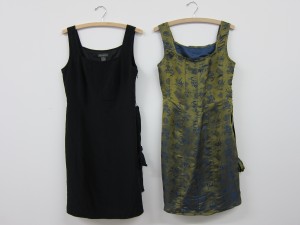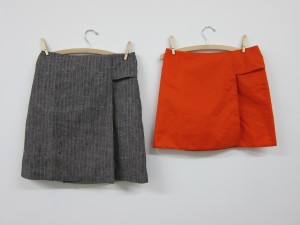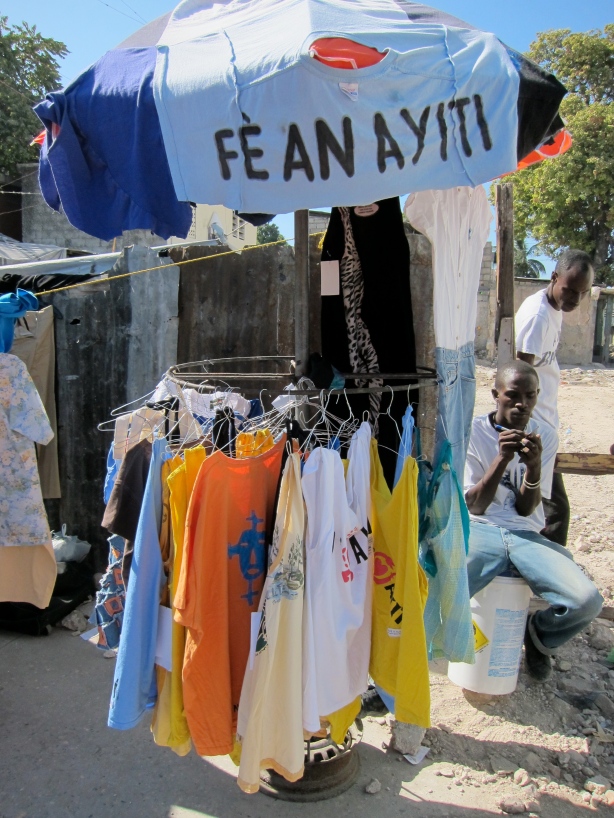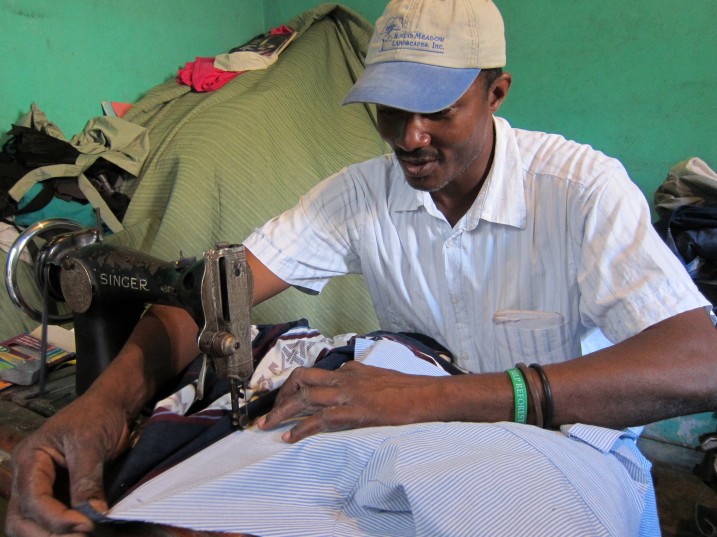Los Angeles 13 May 2011 / Made in Haiti, Haiti’s first honorably produced fashion brand premiers its Knock off women’s apparel, on the streets of Chicago. The collection featured Made in Haiti’s in vogue range of skirts, vests, wrap dresses and blouses. “Dress by Occasion” is the official theme for the this group of mix and match garments, produced for private clients, who are looking for garments you won’t see on the rack at H&M, Forever 21, or the GAP.
The Made in Haiti private label, features of Fit, Fashion and Fabric, and understands and delivers fashion for the successful creative post modern, multitasking career woman. The range presents targets towards the brand conscious ‘Alpha female’, who doesn’t seek peer appreciation. The collection befits the growing generation of individuals who carry a keen sense of what, when and how to wear. Speaking of the brand, CF Bazile, CEO: MadeinHaiti09.wordpress.com, said, “Most leading Haitian fashion brands are producing t-shirts, and attending trade shows. However, with this new line, we are bringing a new fashion conscious American woman to Haiti. This is a huge untapped market and Made in Haiti is getting first mover advantage. As for the products, we promise once the fit is correct, you will have a lifelong affair with the Made in Haiti brand in your wardrobe. We don’t just sell great merchandise, we create experiences, and craft memories.”



